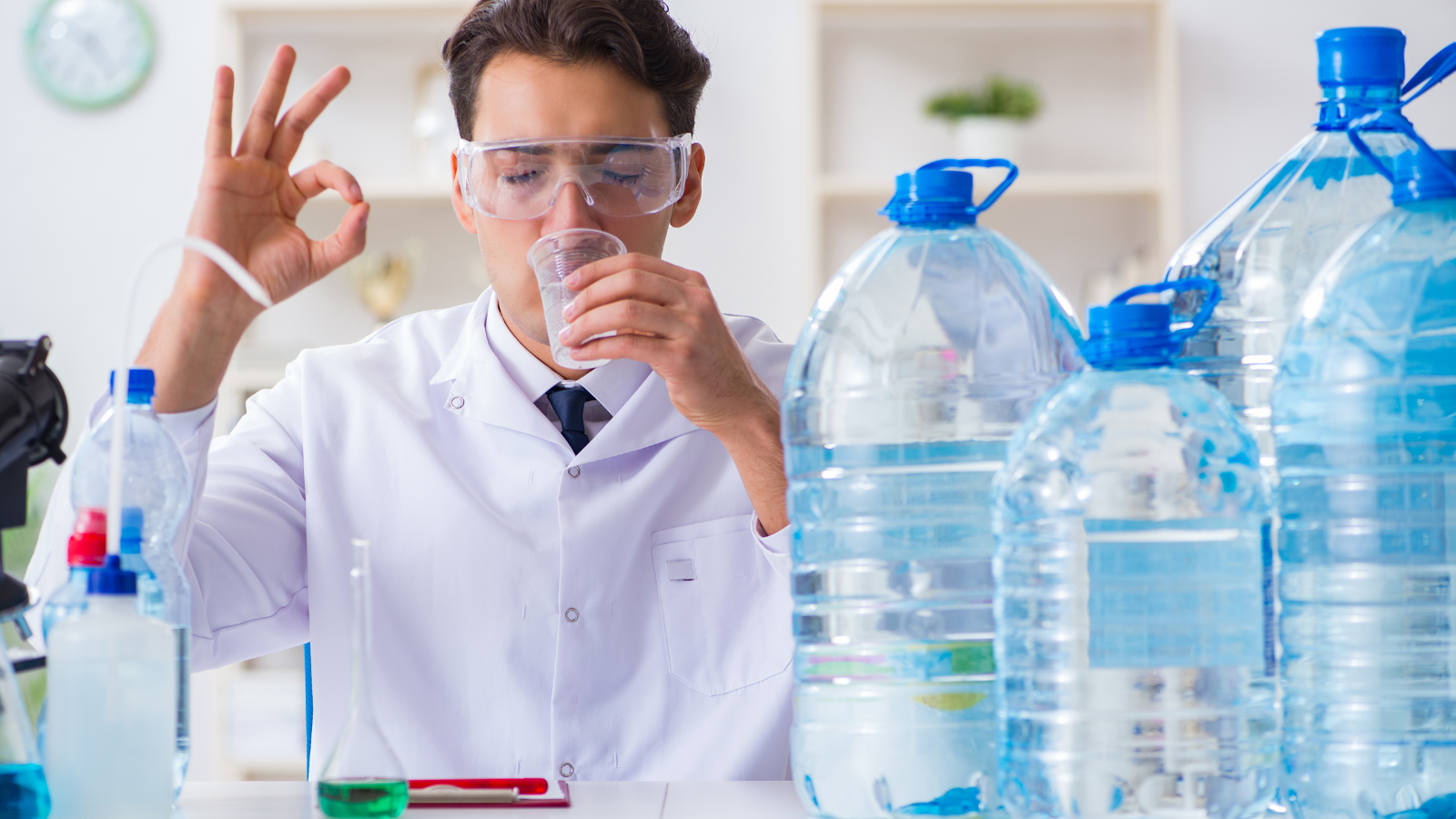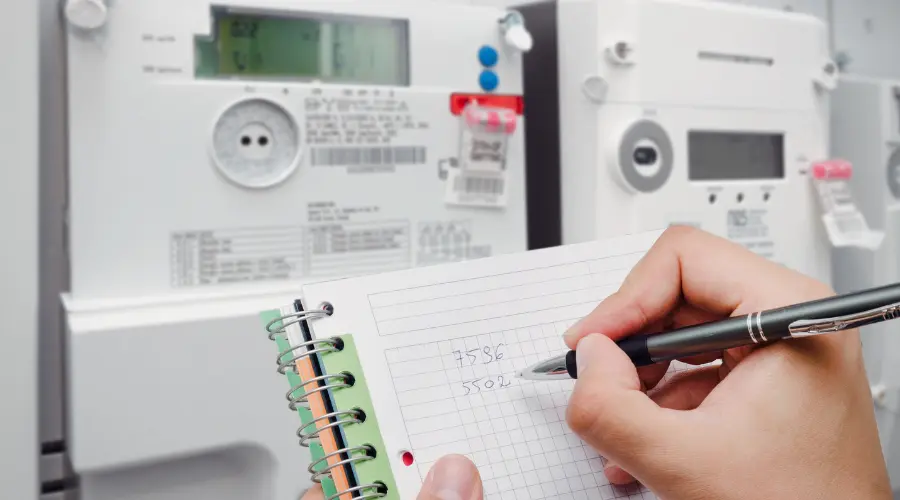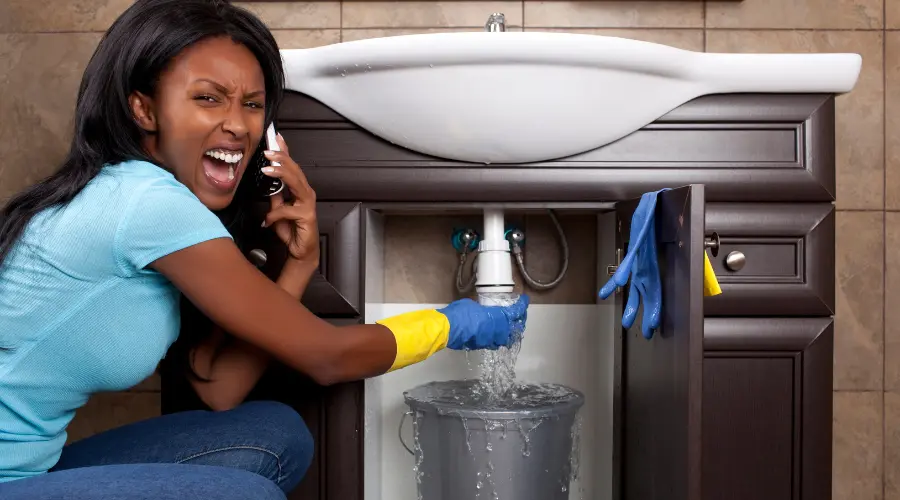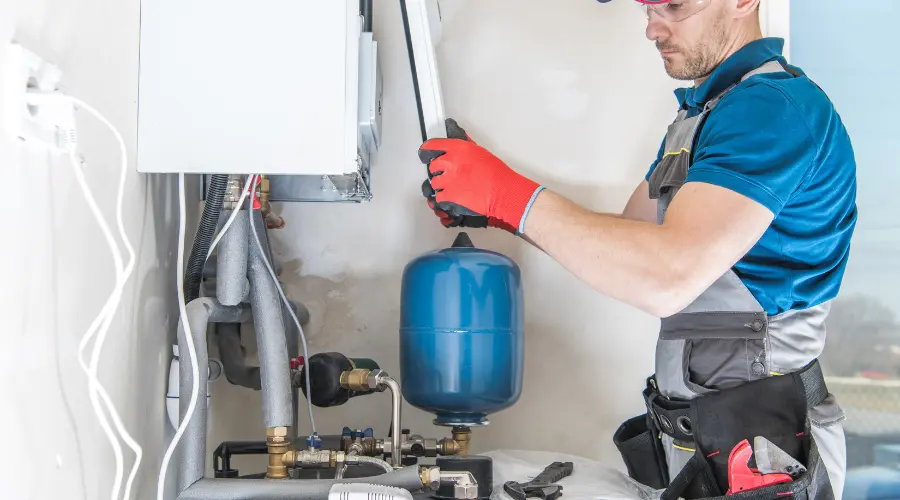New Jersey, with its rich history and dynamic communities, faces a diverse array of water quality challenges. To safeguard your health and ensure your home’s water supply is safe, it’s crucial to be aware of these issues and consider effective filtration solutions. This blog post explores New Jersey’s water quality, highlights essential filtration methods, and offers practical tips for maintaining clean water in your home.
While leaks and clogged drains are frequent plumbing problems, addressing them with basic fixes like tightening fixtures or DIY methods might not be sufficient. Plumbing systems often have hidden components behind walls that require professional attention. For reliable and thorough plumbing solutions, trust CBJ Plumbers in West New York, NJ. We have the specialized tools and experience to handle complex plumbing issues effectively.
Water Quality in New Jersey
Water quality in New Jersey varies significantly due to differences in source water and regional infrastructure. While extensive testing and treatment processes ensure that tap water meets federal and state safety standards, several challenges persist. Contaminants and aging infrastructure—such as lead contamination in Newark—underscore the importance of effective filtration solutions.
Major Water Issues in New Jersey
1. Lead Contamination: Lead contamination remains a significant concern, especially in older buildings with lead pipes or plumbing fixtures. This issue has been notably highlighted in Newark, where elevated lead levels have led to public concern and intervention.
2. PFAS (Per- and Polyfluoroalkyl Substances): Often termed “forever chemicals,” PFAS are resistant to breakdown and can accumulate in water supplies, presenting potential health risks throughout the state.
Water Purification and Filtration in New Jersey
Addressing issues like lead and PFAS necessitates effective water purification and filtration. Here are some of the most effective methods:
1. Activated Carbon Filters: These filters are excellent at removing chlorine, volatile organic compounds (VOCs), and some PFAS. They are commonly used in pitcher filters and under-sink systems.
2. Reverse Osmosis (RO): RO systems provide thorough filtering by eliminating a variety of impurities, including as lead and PFAS. They work by pushing water through a semi-permeable membrane that filters out impurities.
3. Distillation Systems: These systems boil steam is produced by heating water and then condenses back into liquid. leaving contaminants behind. Distillation is particularly effective at removing heavy metals and certain chemicals.
4. Whole-House Filters: These systems treat all water entering your home, offering comprehensive protection. Often combining multiple filtration methods, whole-house filters address various contaminants.
Choosing the Most Effective Water Filtration Methods
The most suitable filtration method depends on the specific contaminants present in your water. Reverse osmosis systems are generally effective for issues like lead and PFAS. At the same time, activated carbon filters may be a more cost-effective solution for concerns primarily related to chlorine and sediment.
Frequently Asked Questions
1. How do I find out if my water contains lead?
Have your water tested by a certified laboratory for lead contamination. Many water utilities also provide annual water quality reports that include lead-level information.
2. Is a water filter necessary if I use bottled water?
Bottled water can be costly and less environmentally friendly than filtered tap water, and it doesn’t always guarantee purity. A water filter offers a more cost-effective, reliable, and sustainable solution for clean water.
3. How often should I replace my water filter?
Replacement intervals vary depending on the kind of filter and usage. Activated carbon filters generally need replacement every 6 to 12 months, while reverse osmosis membranes typically last 2 to 3 years. Always follow the manufacturer’s replacement guidelines.
4. Can water filtration systems remove all contaminants?
No single filtration system can remove all contaminants. A combination of methods may be necessary for comprehensive protection. Select a system based on the specific contaminants in your water supply.
Conclusion
Ensuring clean and safe water in New Jersey involves understanding local water quality issues and choosing the proper filtration methods. With challenges like lead contamination and PFAS, investing in an effective filtration system is essential. By selecting the appropriate system and staying informed, You can safeguard your well-being and experience tranquility. Effective water filtration not only enhances your well-being but also makes things safer and healthier environment for your family and community.




